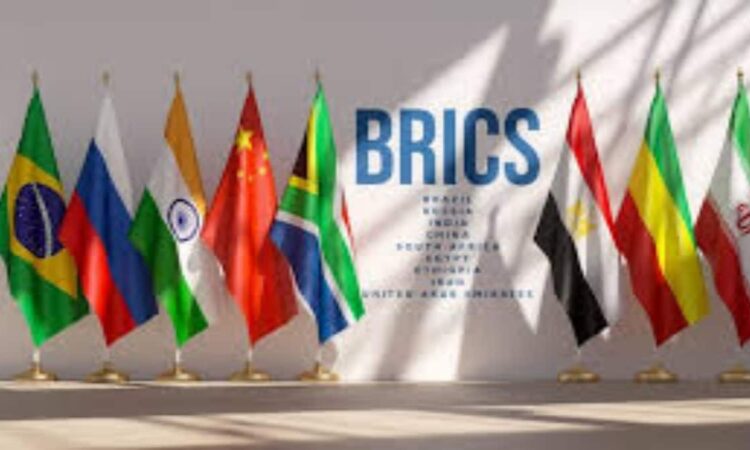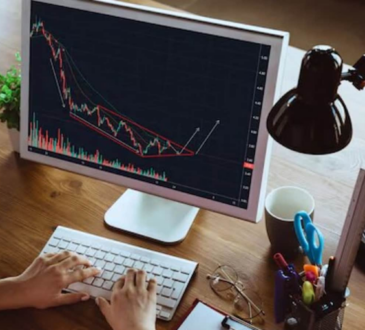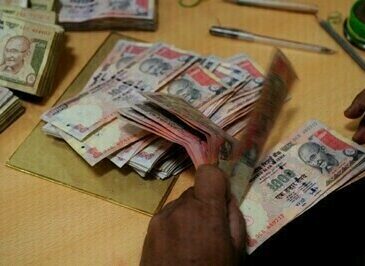BRICS leaders to meet in Brazil as Trump declares bloc ‘dead’, threatens 100% tariffs – Firstpost

US President Trump has threatened to impose 100 percent tariffs on the BRICS countries if they undercut the US dollar. At a BRICS summit in October in Russia, the member countries discussed boosting non-dollar transactions and strengthening local currencies.
read more
Leaders of the countries known as BRICS will hold a summit in Rio de Janeiro in July, the current chair Brazil announced Saturday.
Brazilian Foreign Minister Mauro Vieira said on social media platform X that the summit will take place on July 6-7 and include leaders from 20 countries with full or associate membership in the bloc.
Vieira emphasised that the meeting will focus on making “very important decisions for the development of all these countries, for cooperation, and for improving the living conditions of all their inhabitants.”
The announcement comes amid recent tensions as US President Donald Trump issued a stark warning to BRICS nations, threatening to impose a 100% tariff on all imports into the United States if they proceed with plans to launch a common currency. Hours before a scheduled meeting with Indian Prime Minister Narendra Modi, Trump dismissed the bloc’s relevance, declaring, “BRICS is dead.”
‘They will come back and beg:’ Trump reiterates 100% tariff threat on BRICS nations
At a BRICS summit in October in Russia, the member countries discussed boosting non-dollar transactions and strengthening local currencies.
The government of President Luiz Inacio Lula da Silva has said that under the Brazilian presidency the BRICS bloc will focus on strengthening cooperation with developing nations of the so-called Global South and on reforming multilateral institutions.
He said Brazil’s priorities for the bloc include “developing means of payment” to encourage trade and investment among member states.
Last month, Brazil’s chief negotiator for the BRICS group, Eduardo Saboia, told AFP there is no concrete plan to replace the dollar but rather talks on using local currencies in transactions.
The BRICS group has expanded significantly since its inception in 2009 and now includes countries such as Iran, Egypt and the United Arab Emirates.
Altogether the BRICS coalition accounts for a significant minority of the world’s economic output.
Why BRICS Matters to India
BRICS is fundamentally an economic alliance created to foster economic collaboration among non-Western, developing nations.
While some Western leaders and analysts view BRICS as a Russia- and China-led anti-Western bloc, this perspective is inaccurate. India, a founding member, plays a significant role in the group’s decision-making. Additionally, new members like Egypt and the UAE maintain strong ties with the United States. Rather than being “anti-Western,” BRICS is a “non-Western” platform designed to safeguard the economic interests of its member nations.
For India, BRICS is a key component of its strategy to reform the global order, which has been heavily dominated by the West since World War II. As India positions itself as a leader of the Global South, BRICS serves as a crucial platform to advance this goal.
BRICS also acts as an economic gateway for India. Each member provides access to broader regions for trade: Iran connects India to Central Asia, Egypt to North Africa, and Ethiopia to East and Central Africa.
Alongside forums like the G20, SCO, and BIMSTEC, BRICS is part of India’s multilateral engagement, which has become increasingly vital for protecting national interests. Unlike former U.S. President Joe Biden, who supported multilateralism, President Trump prefers direct dealings and is willing to leave allies in difficult situations. This makes BRICS and other multilateral institutions even more essential for India to secure its interests and leverage negotiations with the U.S. and the West.
With inputs from agencies


